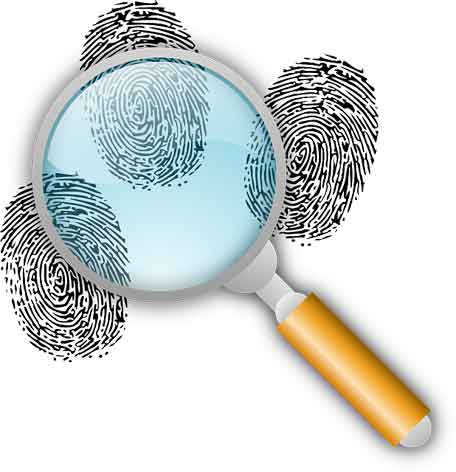
Twitter, after the purchase by Elon Musk, revealed some key information about the role of the FBI and other government agencies in the effort to censor the laptop's contents. But there is much yet to discover.
Like: How did that statement from 51 former national security officials declaring that the laptop had "all the classic earmarks of a Russian information operation" originate? In truth, the laptop was legitimately Biden's and revealed enormous amounts of information about his foreign business activities and the possible knowledge of his father, then-presidential candidate Joe Biden — and it wasn't part of a Russian operation.
National security officials in office at the time said no, there was no evidence that the laptop was a Russian operation. But the statement from the 51 former officials — James Clapper, Michael Hayden, Leon Panetta, John Brennan, Michael Morell, and many others — lent credibility to the entirely unfounded notion that the Russians were somehow behind the discovery of the Biden laptop. In fact, Hunter Biden, out of his mind on drugs, had simply left the laptop at a repair shop and forgotten what he had done. Still, the statement gave supporters of the Joe Biden campaign something to cite as "evidence" of alleged Russian involvement.
Now, we're learning more about who was behind that statement. And you won't be shocked to learn it was the Biden campaign. The House Judiciary Committee and Intelligence Committee are looking into the origins of the statement and have found that Antony Blinken, now the secretary of state but in 2020 an adviser to the Biden campaign, organized the letter, or at least had a role in organizing the letter, as part of the effort to quash the laptop news.
Michael Morell, a former deputy director and acting director of the CIA under President Barack Obama, actually wrote the statement. But the idea was not originally his. In an interview with the two House committees, Morell was asked how the statement came about. He said that on Oct. 17, 2020, three days after the laptop story appeared in the New York Post, Morell received a call from Blinken, then advising the Biden campaign. According to the committees, Blinken's call was "couched as simply gathering Morell's reaction to the Post story," but in fact, it "set in motion the events that led to the issuance of the public statement." That same day, Oct. 17, Blinken emailed Morell an article alleging that the laptop was a Russian operation. This is from the portion of Morell's testimony released by the committees:
Q: But, prior to [Secretary Blinken's] call, you — you did not have any intent to write this statement?
A: I did not.
Q: Okay. So his call triggered —
A: It did, yes.
Q: — that intent in you?
A: Yes. Absolutely. A few days after the statement appeared, candidate Biden cited it in his defense when the laptop issue came up during the final debate between Biden and President Donald Trump. After the debate, Morell received a thank-you call from the chairman of the Biden campaign.
This is from House Republicans on the committees: "Morell also explained that the Biden campaign helped to strategize about the public release of the statement. Morell testified that he sent an email telling Nick Shapiro, former Deputy Chief of Staff and Senior Advisor to the Director of the CIA John Brennan, that the Biden campaign wanted the statement to go to a particular reporter at the Washington Post first and that he should send the statement to the campaign when he sent the letter to the reporter."
The purpose of it all, of course, was to help Biden defeat Trump. Here is more from the committees' interview with Morell:
Q: What was the intent of the statement?
A: There were two intents. One intent was to share our concern with the American people that the Russians were playing on this issue; and two, it was [to] help Vice President Biden.
Q: You wanted to help the Vice President why?
A: Because I wanted him to win the election.
Q: You wanted him to win, that's why?
A: Yes, sir. House Republican leaders want to know more about Blinken's role. This is how they framed a request for documents from Blinken: "Although the statement's signatories have an unquestioned right to free speech and free association — which we do not dispute — their reference to their national security credentials lent weight to the story and suggested access to specialized information unavailable to other Americans. This concerted effort to minimize and suppress public dissemination of the serious allegations about the Biden family was a grave disservice to all American citizens' informed participation in our democracy."
That is a serious matter, but it's also the sort of thing that Blinken and other figures in the investigation might ignore. It was a campaign, they might say. We were trying to win. To win, we wanted to kill the Hunter Biden laptop story. Most of the press was on our side and went along. So what?
But everyone should appreciate what the committees are doing because there is an intrinsic value in simply knowing what happened.
When something big happens in public affairs, the public has a right to know how it came about. That's what journalism does, and in many cases, that is what congressional investigations do, too.
So everyone should be thankful to the committees for helping us learn more about the events of October 2020. Hopefully, there will be more to come.
(COMMENT, BELOW)

